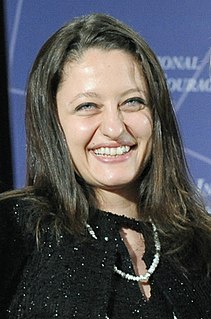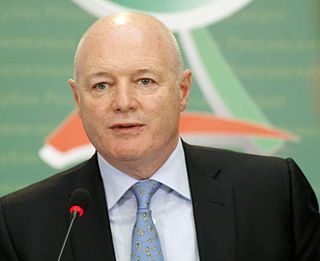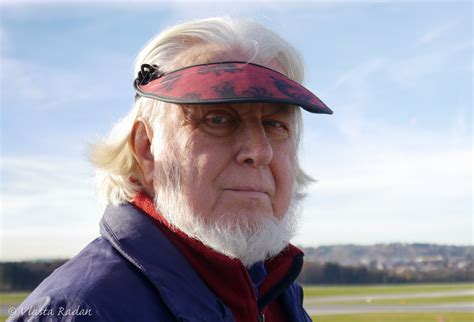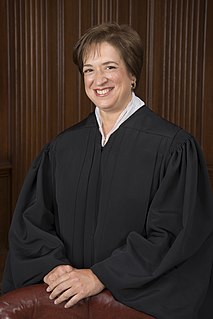A Quote by Safak Pavey
The discourse of the West and the attitudes of its leaders are important because they influence public debate in Turkey.
Related Quotes
Nima Shirazi's is an important progressive voice in the Iran debate in the West, often deconstructing the myths (and sometimes propaganda) we commonly encounter in the mainstream media. With succinct and elegant prose, and with no axe to grind, he exposes the hypocrisy of Western attitudes toward Iran.
I'm optimistic about Turkey's prospects for reaching the E.U.'s standards of development, governance, and democracy, whether inside or outside the E.U. Provided you have a prosperous, rational society in Turkey that can interact with Europe and the West, I don't really care what kind of institutional arrangement you have. The point to make about Turkey and Europe is that it's a very long, drawn-out process. What's important is that the process not be stopped, that Turkey and Europe evolve in the right direction, on a path of convergence. Convergence is the name of the game.
When I was in the US, I felt that the discourse there surrounding Muslims as the other, problematising Muslims and Islam as the other was very similar to what we find in Australia, which is that the image of Islam is a constructed image in the West. We are starting from a point of view that Islam and Muslims - well Islam is a violent, misogynistic, hateful religion and that is where the debate always starts from - that presumption underlies the discourse.
The left is entering a new phase of ideological agitation no longer trying to win the debate but stopping debate altogether, banishing from public discourse any and all opposition. The proper word for that attitude is totalitarian. It declares certain controversies over and visits serious consequences from social ostracism to vocational defenestration upon those who refuse to be silenced.
If you can influence the leaders, either with or without their conscious cooperation, you automatically influence the group which they sway. But men do not need to be actually gathered together in a public meeting or in a street riot, to be subject to the influences of mass psychology. Because man is by nature gregarious he feels himself to be member of a herd, even when he is alone in his room with the curtains drawn.
The public discourse on global warming has little in common with the standards of scientific discourse. Rather, it is part of political discourse where comments are made to secure the political base and frighten the opposition rather than to illuminate issues. In political discourse, information is to be 'spun' to reinforce pre-existing beliefs, and to discourage opposition.








































